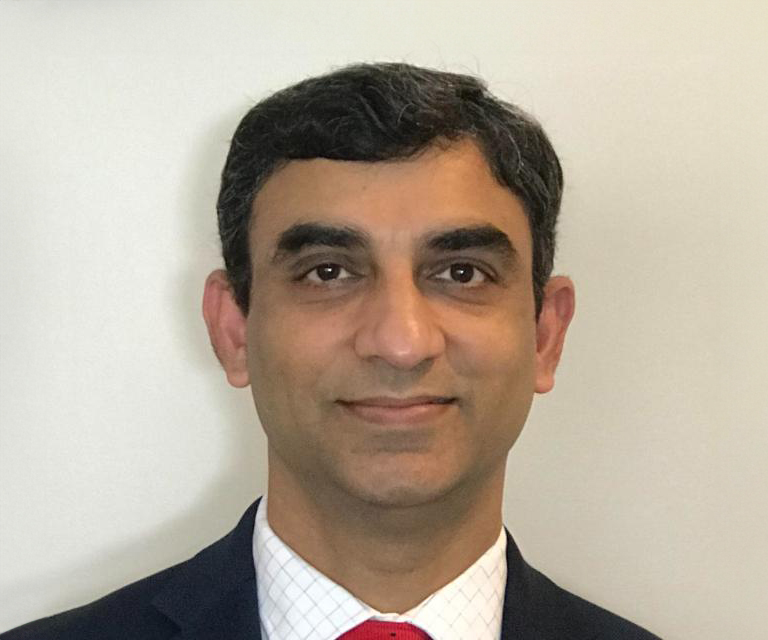

Senthil Sadhasivam, professor of anesthesiology and perioperative medicine, School of Medicine, has been awarded a $16.8 million U01 grant from the National Institutes of Health (NIH) and the National Center for Advancing Translational Sciences. This grant will support a pioneering research project aimed at transforming pain management for children undergoing major surgeries. Sadhasivam, also executive vice chair for clinical quality, patient safety, and clinical research and associate dean for perioperative research in the Department of Anesthesiology and Perioperative Medicine, will serve as the lead contact principal investigator.
This research has the potential to revolutionize and personalize the management of surgical pain in children, significantly improving the safety of opioids and recovery outcomes after major pediatric surgeries and reducing the long-term risks associated with opioid use.
The project, “Implementing and Personalizing Best-In-Class Opioid-Sparing Pain Management for Major Inpatient Surgeries in Children,” involves multicenter PRECISE Analgesia trials, including the University of California, San Francisco; Baylor College of Medicine; Indiana University; and Cincinnati Children’s Hospital Medical Center. In addition to several researchers from the Department of Anesthesiology and Perioperative Medicine, the research will also involve investigators from various departments within the University of Pittsburgh, including the School of Public Health’s Department of Epidemiology, the School of Medicine’s Department of Orthopedic Surgery, the School of Pharmacy’s Department of Pharmacy and Therapeutics and Department of Pharmaceutical Sciences.
The trials will focus on implementing and investigating the efficacy and safety of a multidose, methadone-based standardized Enhanced Recovery After Surgery (ERAS) protocol, along with developing personalized ERAS protocols for safe, effective, opioid-sparing pain management following major surgeries like posterior spine fusion (PSF) and cardiac surgery (CS) in children.
This initiative is particularly crucial, as PSF and CS are among the most painful surgeries for children, often leading to extended hospital stays, significant opioid use, and a high incidence of opioid dependence and chronic postsurgical pain. The project aims to address these challenges by optimizing pain relief, while minimizing the risks associated with opioid use, such as respiratory depression, sedation, postoperative nausea and vomiting, and persistent opioid use or misuse.
“This significant NIH award recognizes the commitment of our department to advancing pediatric pain management through innovative, multidisciplinary research,” said Aman Mahajan, Peter and Eva Safar Professor and chair, Department of Anesthesiology and Perioperative Medicine. “Under Dr. Sadhasivam’s leadership, this initiative will explore new frontiers in providing safer, more effective pain care for children undergoing some of the most challenging surgical procedures.”
Sadhasivam underscored the importance of this research, stating, “The challenges of managing surgical pain in children are significant, and the stakes are incredibly high. With this research, we aim to set new standards in pain management by combining innovative science with compassionate care, ultimately reducing the burden of pain and many risks associated with opioids including dependence in millions of young patients.”
Sadhasivam’s team will conduct two parallel randomized clinical trials involving 1,000 children across the several clinical sites. The trials will compare the outcomes of a standardized perioperative multidose methadone-based ERAS protocol against the current standard-of-care nonmethadone-based analgesia. Additionally, the research will focus on developing precision methadone dosing based on factors like age, genetic variants, and other patient-specific variables to enhance pain management outcomes.
The ultimate goal of this research is to implement evidence-based, standardized methadone-based ERAS pain management protocols that can be personalized to individual patients. By doing so, the project aims to maximize immediate postsurgical pain relief, while significantly reducing opioid use and its associated adverse effects in millions of children undergoing major surgeries each year.
